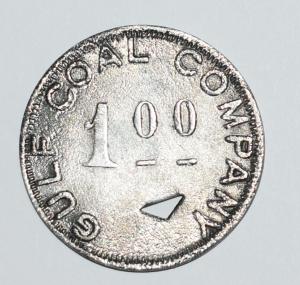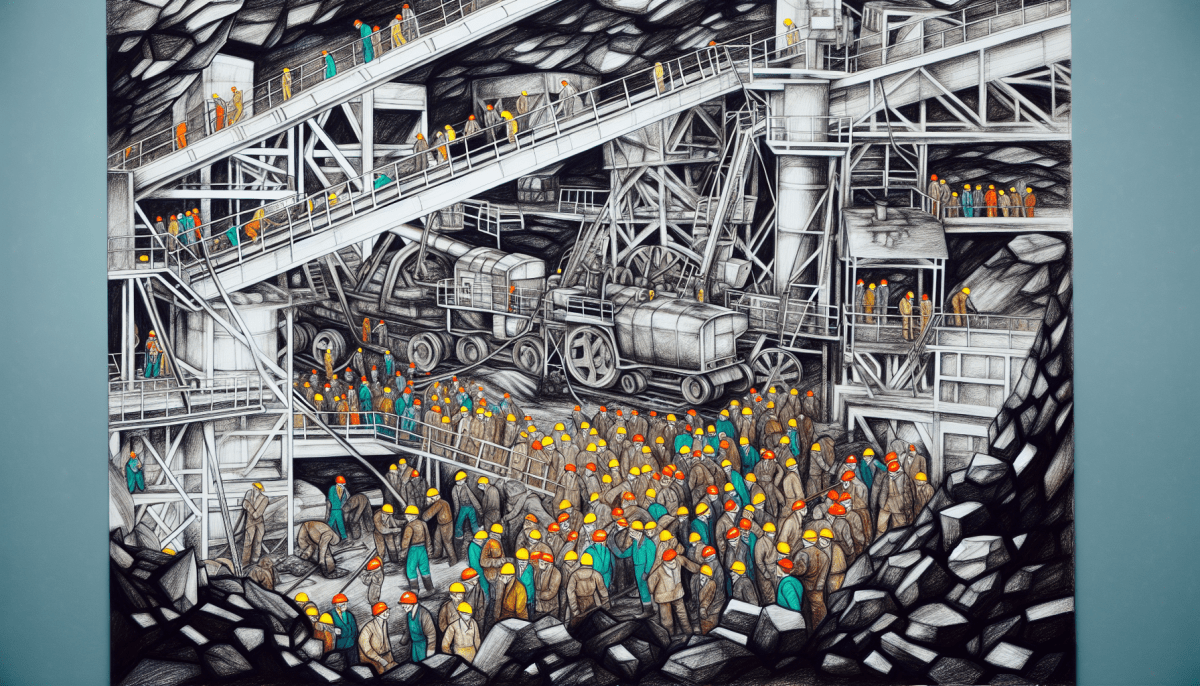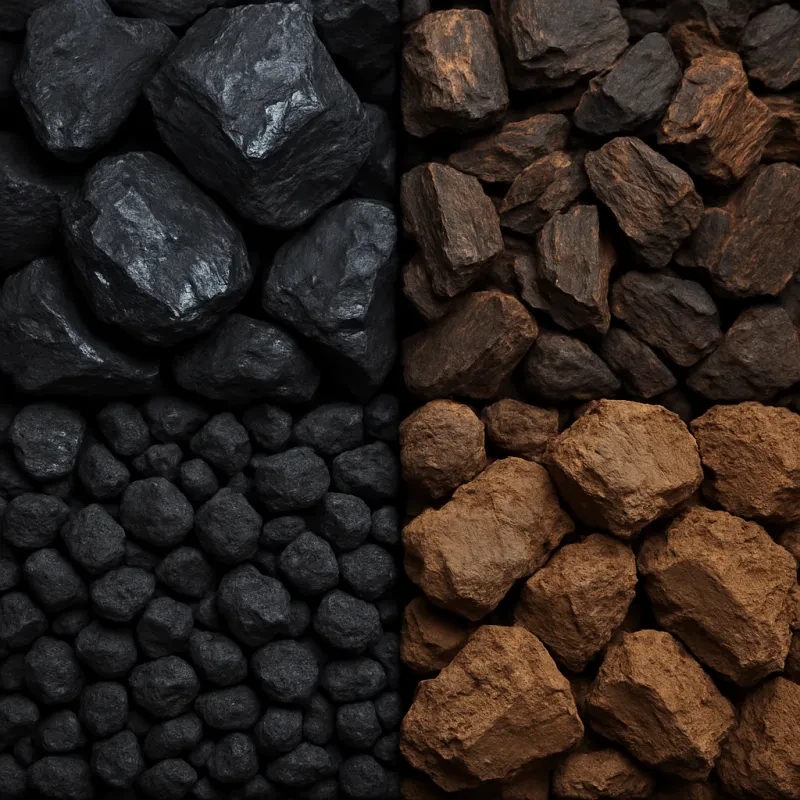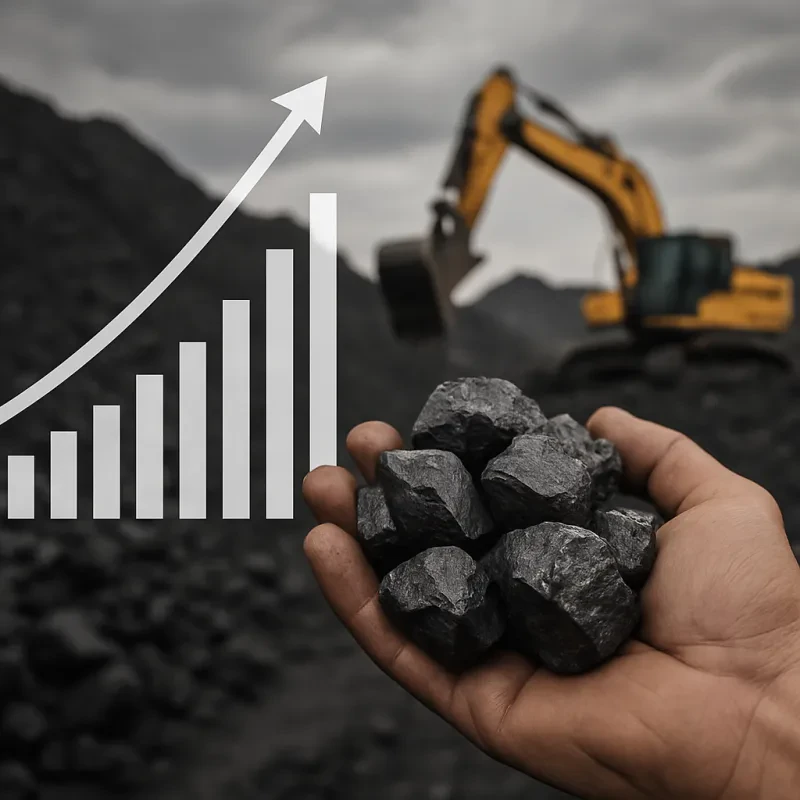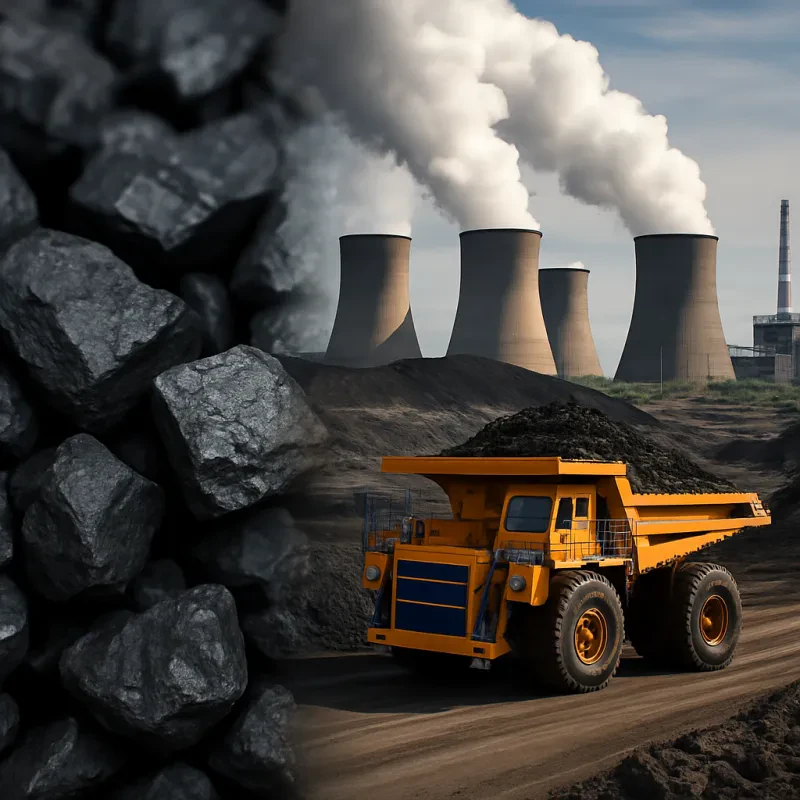Coal mining has been a significant part of West Virginia's history, shaping its economy, culture, and landscape. It all began in the early 1800s when the state's vast coal deposits caught the attention of early settlers and entrepreneurs. The industry grew slowly at first, but by the mid-19th century, with the rise of railroads, West Virginia Coal became a hot commodity. The demand for fuel during the Industrial Revolution drove the growth of this sector.
As more immigrants arrived seeking work, towns sprung up around the mines, transforming the social fabric of the region. Miners worked long hours, often in dangerous conditions, to extract the coal that powered homes and factories far beyond the mountains of West Virginia. This era was marked by significant labor movements as workers fought for better wages and safer working environments.
Through the decades, West Virginia Coal mining saw both highs and lows. The discovery of new mining technologies improved production, but it also led to a decline in jobs as machines replaced manual labor. From the infamous mine disasters to major strikes, the coal industry has faced its share of challenges, but it’s a testament to the resilience of the workers and their communities that they have continued to adapt and fight for their rights.
Today, as the world shifts towards cleaner energy sources, West Virginia Coal still holds a place in the hearts of many. The legacy of coal mining is deeply woven into the identity of West Virginia. Understanding this history is crucial for appreciating the ongoing debates about energy, employment, and the environment that shape the state today.
Key Players in Today's Coal Industry
The coal industry in West Virginia has a rich history and continues to play a significant role in the economy. Several key players drive this sector, each contributing to the state's coal production and overall mining landscape. Understanding who these players are can give you better insight into how West Virginia coal is produced and distributed.
First up, we have the major mining companies. These large corporations often operate multiple mines across the state and are key to maintaining high coal output. Names like CONSOL Energy and Arch Resources are well-known in the industry. They not only have the resources to manage extensive mining operations, but they also invest in the latest technology to improve efficiency and safety, which is crucial in today’s mining environment.
Smaller, independent operators also play an important role in West Virginia coal. These companies typically focus on specific areas and may take a more personalized approach to mining. They often drive innovation and adapt quickly to market demands. This diversity in company size helps make the coal industry in West Virginia resilient and adaptable.
Then there are the labor unions. Organizations like the United Mine Workers of America (UMWA) have been fundamental in advocating for miners' rights and safety standards. Their influence helps ensure that workers have a voice in the industry, bringing attention to issues like worker safety and fair wages, which are especially important in a field that can be risky.
Lastly, we can't forget about the regulators and policymakers shaping the coal industry. The West Virginia Department of Environmental Protection (WVDEP) plays a key role in regulating mining activities to ensure that they follow safety and environmental guidelines. Their oversight helps balance the economic importance of coal with the need for sustainable practices, making them crucial players in the ongoing story of West Virginia coal.
Environmental Impact of Coal Mining
Coal mining in West Virginia has been a vital part of the state's history and economy, but it also comes with significant environmental impacts. One of the most pressing issues is the destruction of landscapes. When mountains are stripped for coal, the unique habitats they support can be lost. This not only affects wildlife but also the plants and ecosystems that thrive there.
Water pollution is another major concern tied to West Virginia coal mining. When coal is extracted and processed, harmful chemicals can seep into nearby streams and rivers. This contamination can affect drinking water sources and harm aquatic life. For communities that rely on these water sources, the risks are considerable and often create a personal struggle.
Additionally, air quality can suffer due to coal mining activities. Dust and emissions from mining operations can lead to respiratory issues for those living nearby. For a lot of West Virginians, this isn't just an environmental issue; it affects daily life and health of families in the region.
Lastly, the impact of coal mining on climate change is becoming increasingly important to consider. Burning coal releases significant amounts of carbon dioxide, which contributes to global warming. As we look to the future, balancing the need for energy with environmental stewardship is crucial for West Virginia coal and the communities that depend on it.
The Future of Coal in West Virginia
One area where West Virginia coal could shine is in supporting energy transition. As renewable sources like wind and solar grow, there will still be a need for stable energy. Coal can help bridge that gap, providing electricity when the sun isn’t shining or the wind isn’t blowing. This means that while the industry is changing, West Virginia coal has the potential to adapt and find new ways to stay relevant.
Another piece of the puzzle is technology. Innovations in clean coal technology are popping up that can allow coal to be used more efficiently and with fewer emissions. Investments in this area might just help reshape the future landscape of coal mining in West Virginia, making it not just an old energy source, but one that can play a part in a greener future.
Finally, there’s the community aspect. Many towns and families still rely on coal jobs for their livelihoods. The desire to keep coal alive extends beyond just energy; it’s about preserving way of life for many West Virginians. As the industry faces challenges, local communities are looking for solutions that allow them to thrive while transitioning to more sustainable practices. Balancing these needs is critical for the future of West Virginia coal.

